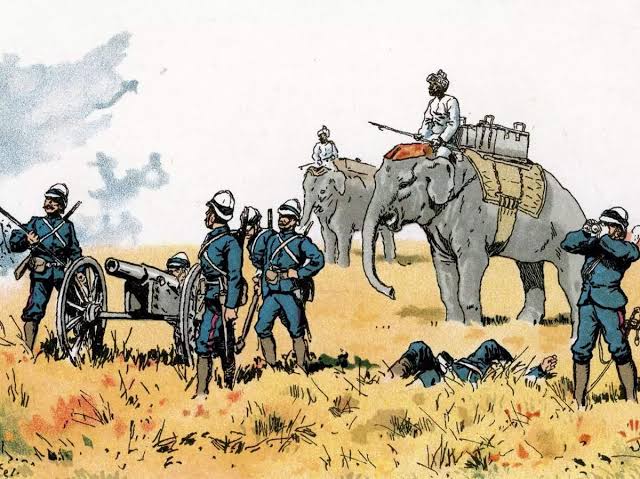British extracted a staggering $64.82 trillion from India during colonial rule underscores a longstanding narrative of economic drain and systemic exploitation.
This wealth transfer, highlighted by Oxfam’s global inequality report, emphasizes the enduring inequalities forged by centuries of imperial dominance. Throughout colonial rule, India’s vast resources—including cotton, tea, and precious metals—were heavily taxed, shipped abroad, or used to fuel Britain’s industrial expansion.

Meanwhile, the Indian populace was subject to harsh policies that impoverished farmers, undermined local industries, and suppressed indigenous innovation.
Critics argue that the staggering figure of $64.82 trillion not only represents direct resource extraction but also the compounded interest and potential growth lost when local economies and social structures were systematically dismantled.
The report suggests that the wealthiest 10% benefitted the most, revealing how colonialism entrenched a deep economic divide. Such disparities persist in contemporary global power dynamics, as former colonies continue to grapple with the legacy of inequality.
The visual metaphor—carpeting London with fifty-pound notes almost four times over—underscores the enormous scale of wealth funneled out of India.
While some question these figures, they still spotlight the urgent need to confront historical injustices that continue to shape the world’s ongoing economic order.
